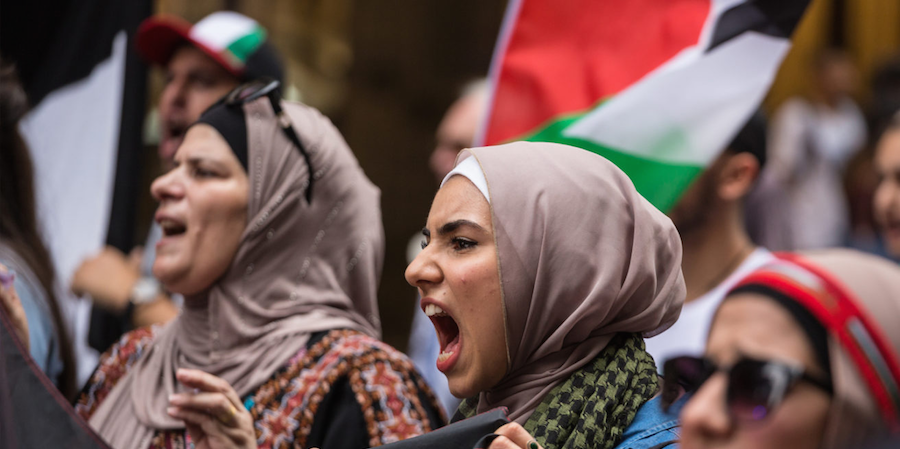
As support for the two-state solution declines, Palestinians in occupied territory identify popular resistance as the antidote to Israeli occupation and settlement expansion.
Ramallah, 20 Jumadil Akhir 1438/19 March 2017 (MINA) – A study published by the Palestinian Center for Policy and Survey Research (PSR) has provided clues as to the current overriding hopes and fears of Palestinians living under Israeli occupation in the West Bank and Gaza.
The PSR report attests that the Palestinian public identifies the primarily challenges facing them as poverty (27%), occupation and colonization (27%) and corruption (24%), IMEMCnews reported Sunday.
Also Read: Israeli Occupation Forces Kidnap Dozens of Palestinians in Raids Across West Bank
Daily life for Palestinians is also marked by fear of being wounded, killed, or losing property to Israeli agents, said 70% of the Palestinians surveyed.
Palestinian society also overall approves of popular resistance measures in regards to both establishing a Palestinian state and ending the settlement enterprise.
PSR asked Palestinians what is the most effective way to build a Palestinian state alongside Israel: 37% think armed resistance is the most effective, 24% think non-violent resistance is the most effective, and 34% believe that negotiation is the most effective.
When asked about the most effective means of responding to Israeli settlement expansion, 25% said the suspension of security coordination with Israel; 24% said the submission of a formal complaint to the International Criminal Court; 19% said the resumption of armed resistance; 19% said a strong international condemnation of Israel; 14% said the organization of popular non-violent resistance protests.
Also Read: Israeli Strike Kills Two Palestinian Children in Southern Gaza
Remains popular but has declined
More than half – 52% – of Palestinians believe that Israel’s goal is to annex the territories occupied in 1967.
The Peace Index survey published in January 2017 by the Tami Steinmetz Center for Peace Research (TSCPR) indicates that among the Israeli public, nearly 40% of people believe that Israel should annex the Palestinian territories occupied in 1967.
Also Read: Israel Continues Demolitions and Detonations in Jenin Refugee Camp for 314th Consecutive Day
Moreover, only 24% of Israelis believe that Palestinians should receive equal rights. The remainder believes that Palestinians should not have the right to vote or enjoy civil rights.
Yet, for both Palestinians and Israelis the two-state proposal as a political solution to the Israeli-Palestinian conflict remains popular, another survey published in February 2017 by TSCPR and PSR reveals.
The proposal has the support of 50% of Jewish citizens of Israel, 82% of Palestinian citizens and 44% of Palestinians living under occupation in the West Bank and Gaza Strip.
However, support for two-states has noticeably declined in recent months. Six months ago in a similar survey, 59% of Israeli citizens and 51% of Palestinians living under occupation indicated that they believe the conflict would be resolved by establishing a Palestinian state.
Also Read: Israeli Occupation Authorities Expand Control Over Ibrahimi Mosque
Either way, the majority of both citizens of Israel and Palestinians living under occupation said in the February study that they do not believe that a Palestinian state will be established in the next five years. (T/RS5/RS1)
Mi’raj Islamic News Agency (MINA)
Also Read: Violent Clashes Erupt in Jenin After Israeli Military Raid








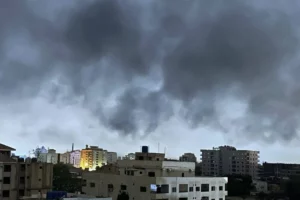

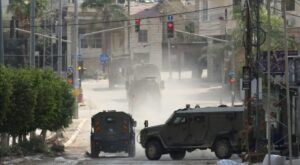

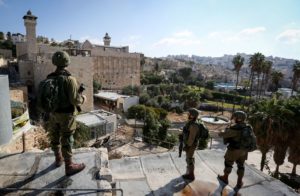


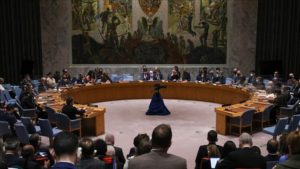
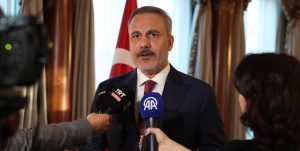
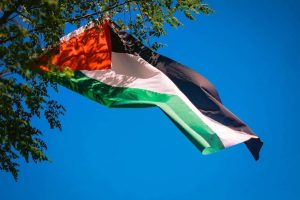
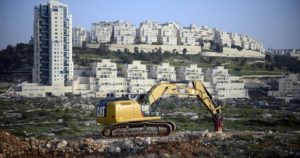










 Mina Indonesia
Mina Indonesia Mina Arabic
Mina Arabic